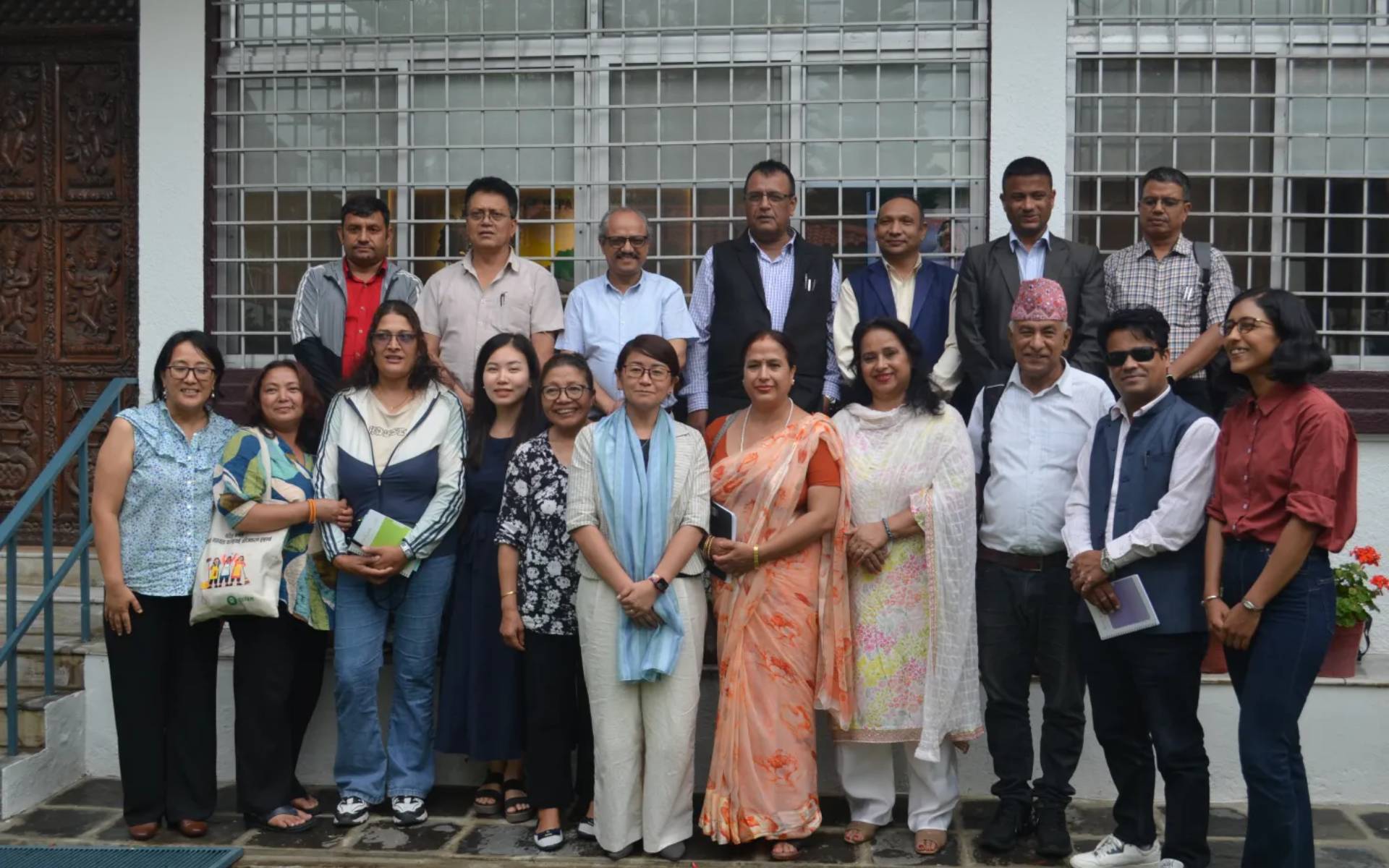

 18.41°C काठमाडौं
18.41°C काठमाडौं

Kathmandu: With over 84% of workers in Nepal engaged in informal employment, many of them women, the need for inclusive and rights-based support is growing. Informal workers often lack job security, social protection, and union representation.
To help address this, the ILO Country Office for Nepal, along with its Bureau for Workers’ Activities (ACTRAV) and Training Centre (ITCILO), has launched a hybrid design sprint to create practical, union-led training tools. The focus is on workers in the sanitation and domestic work sectors.
Fourteen trainers from Nepal’s major trade union confederations, such as ANTUF, GEFONT, and NTUC, are participating in the initiative. The training will cover key topics like labour rights, social security, freedom of association, collective bargaining, and protection from violence and harassment.
“This process allows us to develop materials that reflect the real challenges on the ground,” said a trainer from ANTUF.
The initiative is part of the ILO’s Promoting Rights and Social Inclusion (PRS) Phase 2 project, which supports informal workers in Nepal, India, and Pakistan in transitioning to formal employment.
In Nepal, the project also partners with SWMAN and local municipalities to improve the working conditions of domestic and waste management workers.